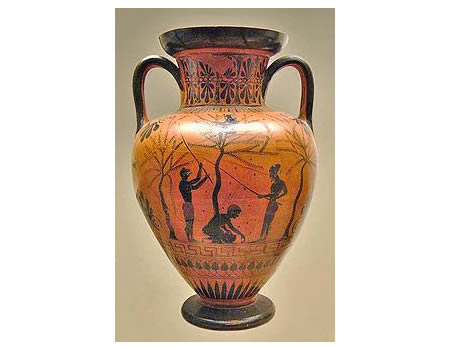
The long history of the olive tree and of olive oil
5 November 2021
Why certify an extra-virgin olive oil? Pros and cons of certifications
7 February 2022In recent years, there has been a growing interest in the benefits of extra virgin olive oil, a fundamental component of the so-called “Mediterranean diet.”
Olive oil is more than 90% fat, and yet it does not bring about the well-known health risks associated with other foods rich in fat, like eggs and cheese. To the contrary, olive oil has a beneficial effect on health.
Generally speaking, plant-derived fats produce different effects on health if compared to animal fats. Olive oil is no exception. The main difference between plant-derived and animal-derived fats lies in their respective chemical structure. Animal-derived fats are largely “saturated” while plant-derived fats are “unsaturated” in rather significant proportions. More specifically: about 73% of olive oil fat is constituted by mono-unsaturated oleic acid and about 7,5 % by poli-unsaturated linoleic and linolenic acids. We know that a high consumption of saturated fats can constitute a health risk associated with several diseases (mostly related to the cardiovascular system), while the regular consumption of unsaturated fats may have a protective effect.
Moreover, olive oil is rich in substances which have strong anti-oxidant properties, among them polyphenols have the greatest impact. Anti-oxidants contrast the negative effects of many stimuli like stress, pollution, and aging. It is interesting to consider that polyphenols are indeed the substances which are responsible for the bitter and spicy taste typical of Tuscan olive oil. So, if you enjoy the bite of Tuscan olive oil, you should be happy to know that it is also good for your health!!

